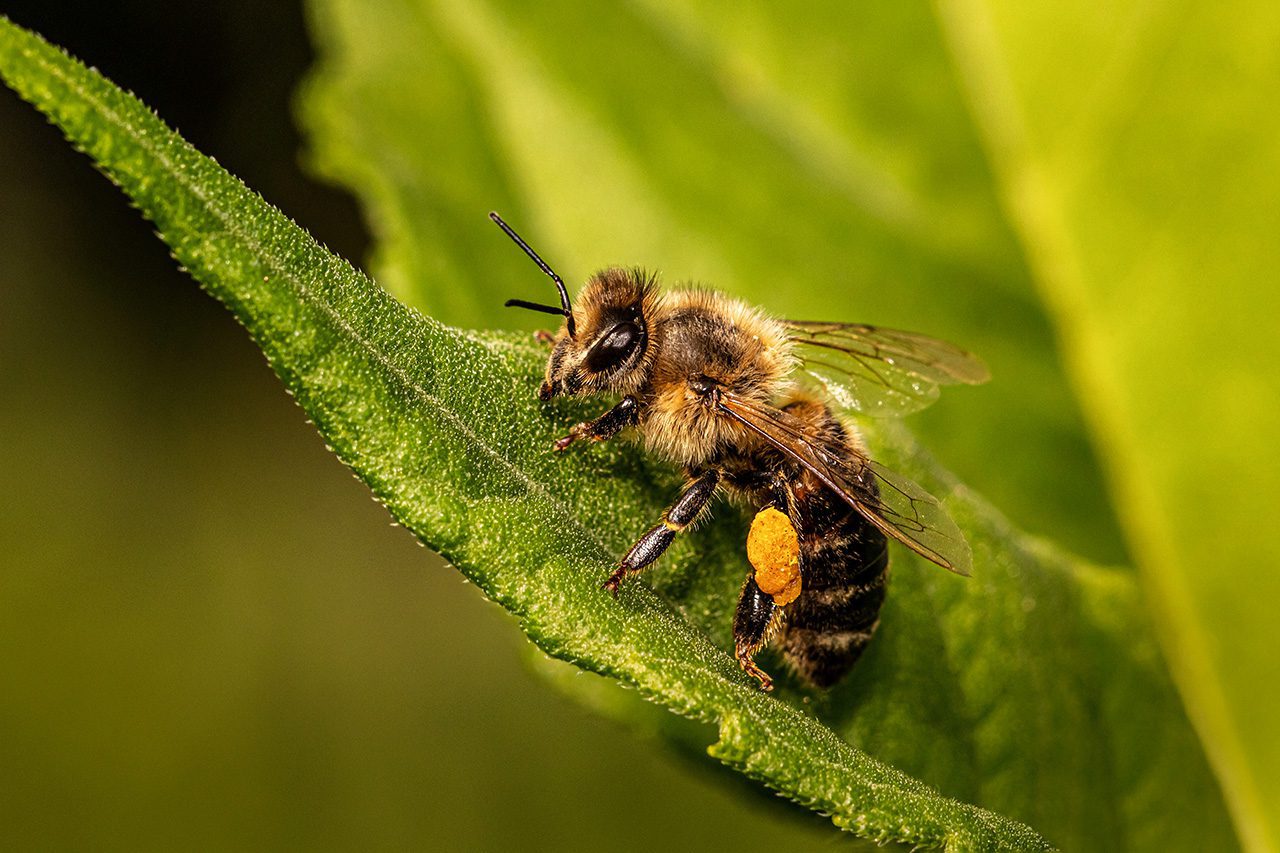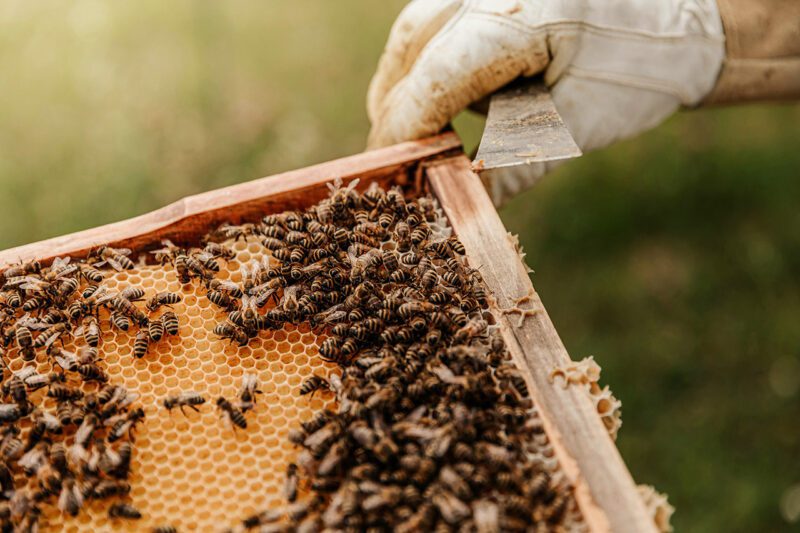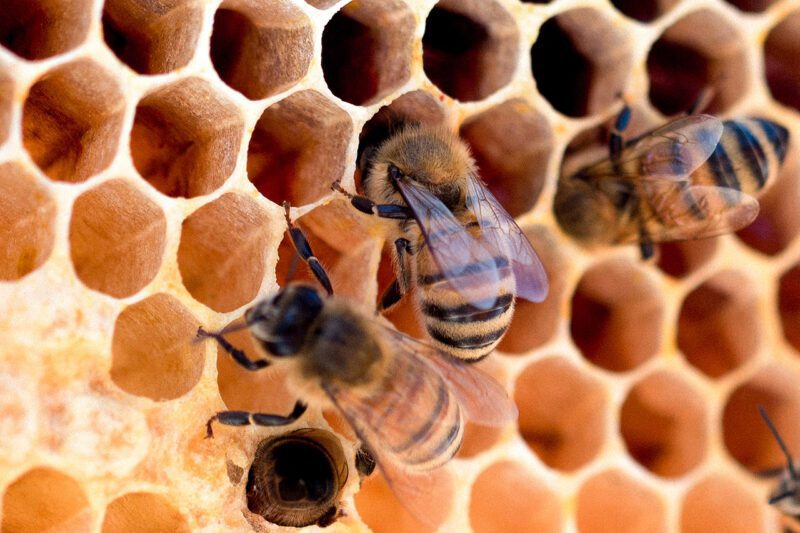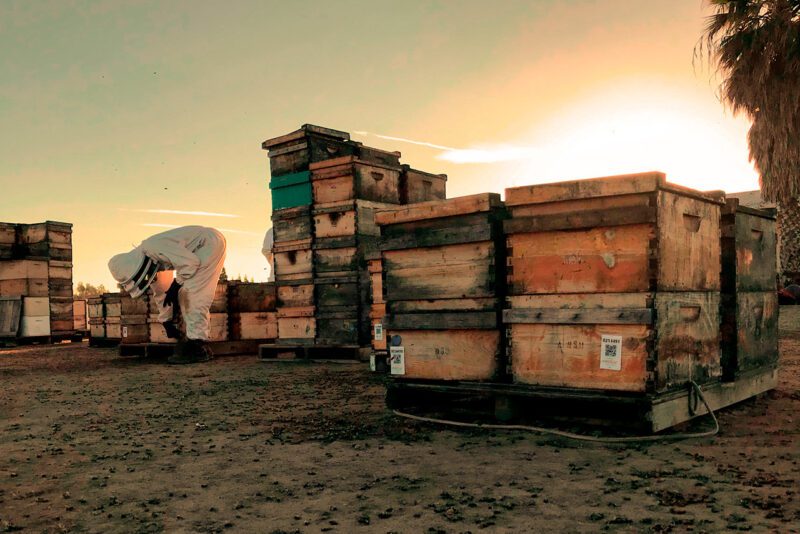Rethinking Copyright in the Age of Generative AI
Striking a balance between incentives and innovation

For much of the planet, 2023 was a year like no other. During what is now officially the hottest year on record, wildfires wreaked havoc all over the world, from Hawaii to Greece to several regions across Canada. Photos of fire-orange city skylines dominated the media, and NASA regularly posted satellite images of just how far the smoke plumes from massive wildfires across the country extended, blanketing parts of the United States and extending as far as Europe.
The magnitude of these fires and the smoke’s widespread impact on the air quality of entire continents signaled another sobering moment in the climate crisis. As the world continues to warm, scientists note, wildfires and their accompanying air quality warnings are only going to increase in both frequency and intensity in the years to come.
Until now, we have rightly focused on how wildfires and poor air quality can affect human health, but it’s time we look at its implications through a broader lens, because the entire ecosystem is at stake.

In December 2023, with funding from impact investors like the TELUS Pollinator Fund, my Montreal-based company, Nectar, released results from a preliminary research examining the impact poor air quality has on honey bees. As a tech company that uses artificial intelligence to support commercial beekeepers in raising healthier bees and delivering superior pollination outcomes, we firmly believed that we were in a unique position to utilize our dataset that is unprecedented in size, coming from Nectar’s own clients of more than 150,000 hives across North America.
Unsurprisingly, we found a direct correlation between higher Air Quality Health Index scores – a scale that measures the impact of air quality on health – and higher bee mortality rates in a given year. Simply put: the worse the air is, the worse off the bees are.
To fully appreciate what’s at stake, we must accept that honey bee health is vital to the health of our food supply chain.
Critically, this research is relevant to more than commercial beekeepers. Our findings indicate that honey bees are the canaries in the coal mine when it comes to how air pollution will influence the food system and biodiversity as a whole.
Our research shows that poor air quality is not just a human problem or a beekeeping problem – it is a planetary scale problem.
To fully appreciate what’s at stake, we must accept that honey bee health is vital to the health of our food supply chain.

From almonds in California to cherries in the Pacific Northwest to blueberries in Nova Scotia, honey bees, in their capacity as managed pollinators, contribute to approximately one third of the crops we grow. A large and consistent number of healthy bees provided by commercial beekeepers allows these farmers to produce the large and consistent crops we consume. There are thousands of other wild pollinators, but farmers simply do not maintain the level of localized biodiversity needed to attract them in such high numbers without assistance.
According to the USDA, more than 100 crops across North America rely on migratory beekeeping, which is when farmers rent commercial honey bees that are brought in annually to pollinate specific crops.
In an increasingly hostile environment, honey bee health is in a precarious position – the significance of which should have us all seeking solutions. And our study shows that there are solutions.
As more data comes in through Nectar, the story it’s telling us is that higher levels of vegetation surrounding apiaries reduce the effects of wildfires on the Air Quality Health Index. When bees have access to more diverse greenery for foraging, it mitigates the negative impact of poor air quality.
We all have an important part to play in redefining the approach towards protecting bee populations and, by extension, the global food supply chain.
Increasing vegetation around honey bee colonies is one part of the solution, but it’s not up to the beekeepers alone. More of us need to invest in growing biodiverse vegetation areas filled with shrubbery, trees, and cover crops anywhere that bees can access, especially as they travel to pollinate farmed crops. These bees are responsible for pollinating crops that feed the world, so the rest of the world should find ways to support them.
None of these valuable insights would be possible without the support from the TELUS Pollinator Fund. As someone who helped bring Nectar from a good idea to the company it is today, I’ve observed how beneficial it is to have funders that are aligned with a startup’s core values. The Pollinator Fund is looking to solve climate challenges by investing in companies like Nectar, but its team doesn’t just invest money, it invests the time and resources we need to connect with people in the agriculture industry and the impact investment space. And that means we, as social impact entrepreneurs, can act faster and with more confidence on ideas that can bring positive change.

Perhaps we take our cue from the bees themselves: survival of a bee colony depends on collaboration. When it comes to solving our most-pressing climate issues, we all have an important part to play in redefining the approach towards protecting bee populations and, by extension, the global food supply chain. We invite business leaders to step into their role as environmental stewards by funding biodiverse sanctuaries, turning corporate landscapes beyond rooftop spaces into thriving ecosystems for bees. We encourage academic leaders to establish a cross-industry research fund that pools resources and knowledge from various sectors to advance our understanding and protection of bee health. We call on everyone to bring their best ideas to bear on the resilience of our food systems against the backdrop of an ever-changing environment. Let’s work together to innovate and invest in a future where bees and humanity can thrive in harmony.
Related Content
Comments
Deep Dives
RECENT
Editor's Picks
Webinars

Featuring
Lizz Welch & Jennifer Roglà
iDE
May 16 - 12:00 PM EST

Impact Encounters
May 22 - 6:30 PM EST
News & Events
Subscribe to our newsletter to receive updates about new Magazine content and upcoming webinars, deep dives, and events.
Become a Premium Member to access the full library of webinars and deep dives, exclusive membership portal, member directory, message board, and curated live chats.
0 Comments